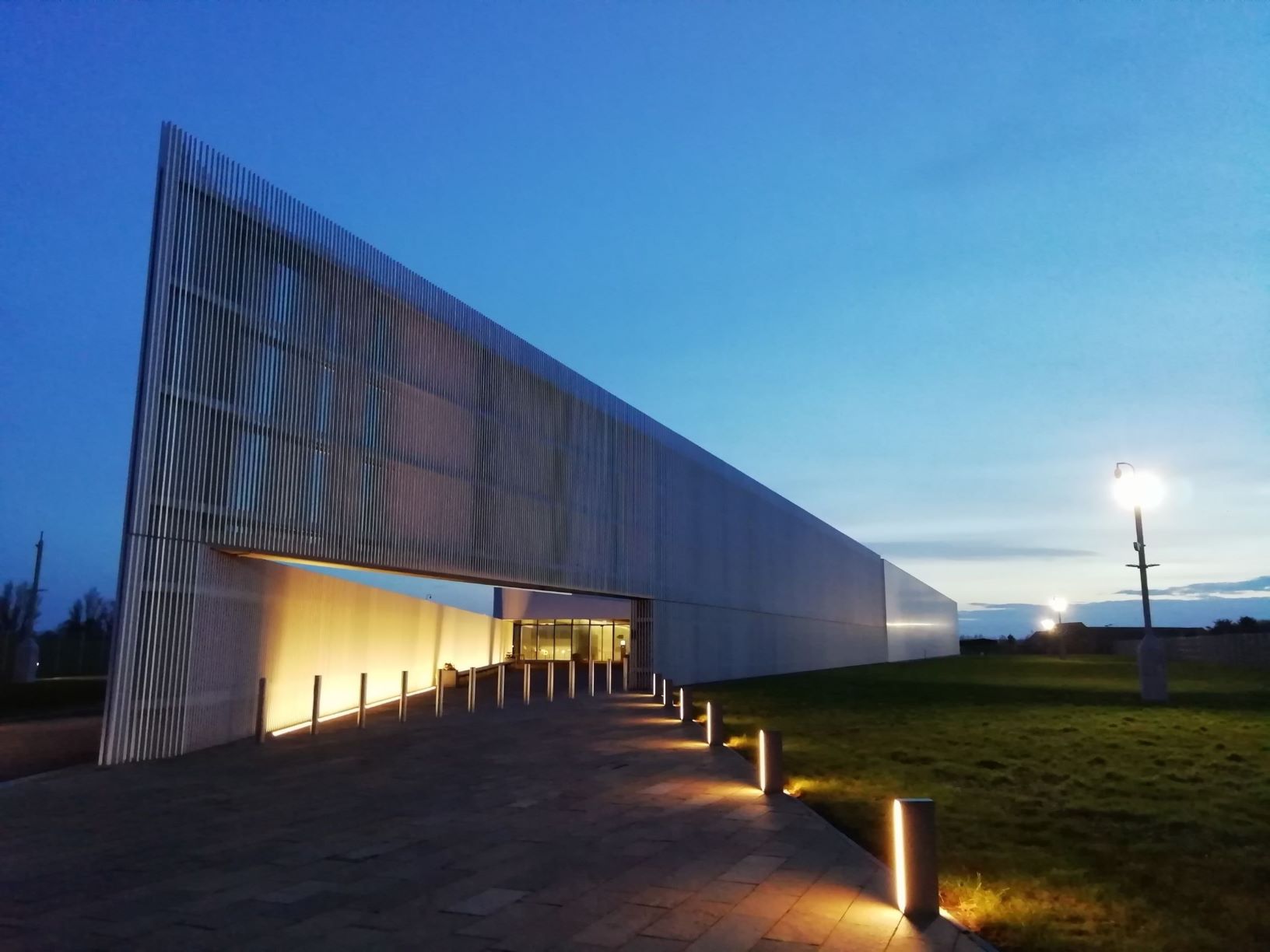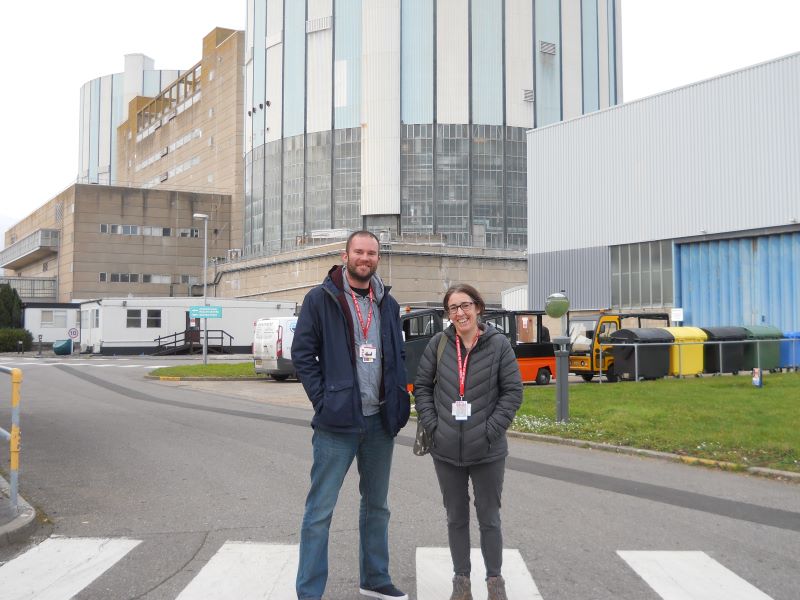Last month I celebrated my 6 month work anniversary at the DPC. Happily, this coincided with our first DPC York team night out. Did it really take 6 months to get the 3 of us out for a drink after work? Apparently yes!
My first 6 months at the DPC really has flown by. I haven’t been blogging as much as I expected, but that is largely down to the fact I’ve been keeping my head down, travelling lots and working hard on the project I was recruited for - a collaboration with the UK Nuclear Decommissioning Authority (NDA).
Digital preservation in a nuclear context
The kick off meeting for this project was held here in York back in November - my 3rd day in my new job. I had barely got my laptop set up or worked out where the kettle was and was launched into an all day meeting with colleagues from the NDA.
This meeting was approached with a small measure of apprehension on my part. My background in archaeology and digital archives (even when combined with a GCSE in physics) did not at first seem adequate in preparing me for being able to comprehend the nuclear industry and the digital challenges that they face. What followed was a rather intense deep dive into the structure of the NDA estate and how they manage their information (both physical and digital).
Whilst I picked up a lot in that first meeting, it was clear that I would need a bit more time to get up to speed, so the first phase of the project was all about meeting the people I needed to meet, visiting the places I needed to visit, and finding out what I needed to know. In a new context such as this, half the battle is working out which questions need answering and who to ask.
Paul and Jen at Oldbury Power Station
I have learnt a huge amount in my first 6 months in post. I’ve met lots of people and learnt about the specific challenges that the NDA estate face around managing digital information. I have had a tour of Oldbury Power Station (ask me later about how I nearly got stuck inside it!). I have travelled all the way up to Wick to visit the Nuclear Archive and Dounreay - an interesting and very eventful 13 hour journey from York! A visit to Sellafield is scheduled for later this month.

Nucleus - the Nuclear and Caithness Archive in Wick
Advocacy for digital preservation
One of the things I’ve really welcomed while working on the project so far is the clarity on the importance of digital preservation in this context. I’ve been working in digital preservation for 16 years and have over that time had many conversations with ‘non believers’ who struggle to see why digital preservation is something we need to worry about. The prospect of data loss is not considered to be a big threat to those who fail to see the value of the data in the first place. I know only too well that advocacy for digital preservation can be a long hard slog in these circumstances!
However, for the Nuclear Decommissioning Authority the digital preservation elevator pitch pretty much writes itself! The mission of the NDA is to “deliver safe, sustainable and publicly acceptable solutions to the challenge of nuclear clean-up and waste management”. This involves decommissioning and demolishing buildings, and the treatment and disposal of radioactive waste - packaging it up in a highly controlled fashion with a view to safe and long term storage in an underground facility.
You don’t need a GCSE in physics to know that radioactive waste can be very dangerous, and that it becomes less dangerous over time. For some radioactive waste it may take thousands of years before it reaches safe levels. Whilst it remains hazardous it is vitally important that it is handled and stored safely and that appropriate levels of documentation are kept, telling us (and future generations) what it is, and crucially ...why we shouldn’t open that particular box.
The preservation of records relating to nuclear waste is essential for the good of the environment and humanity.
Case closed.
It may come as no surprise to learn that one of the first things we’re advising on as part of this project is the preservation of digital records relating to nuclear waste. This includes how they might best be created with long term preservation in mind and the workflows for transferring these records to a digital archive.
This may be a good point to mention that I am looking forward to attending the DPC training day in Dublin next month on ‘Advocating for Digital Preservation’ (places still available)
Despite the fact that the case for preserving records relating to radioactive waste is so clear, communication and advocacy is still important.
It is not just about convincing senior management to fund digital preservation activities, it is also about ensuring record creators understand their role in the process, how their actions can help or hinder the preservation process, and how these records should be actively managed over time to maintain their authenticity, accuracy and accessibility, particularly where they are held locally for long periods before being transferred to an archive.
Moving forward
Although the initial phase of the project is complete, it is clear that I will still be learning things about digital preservation in the nuclear field until the very end of the project in 18 months time.
Both the NDA and the DPC are keen to share information about this collaborative project with the wider digital preservation community. I’m pleased to report that a panel we are contributing to on digital preservation in the nuclear field has been accepted for the iPRES conference in September. Do also watch out for further blog posts and other outputs relating to this project including the DPC Rapid Assessment Model which we hope to share with you within the next couple of weeks.
Do get in touch with if you have any questions or feedback about the project.










































































































































Comments